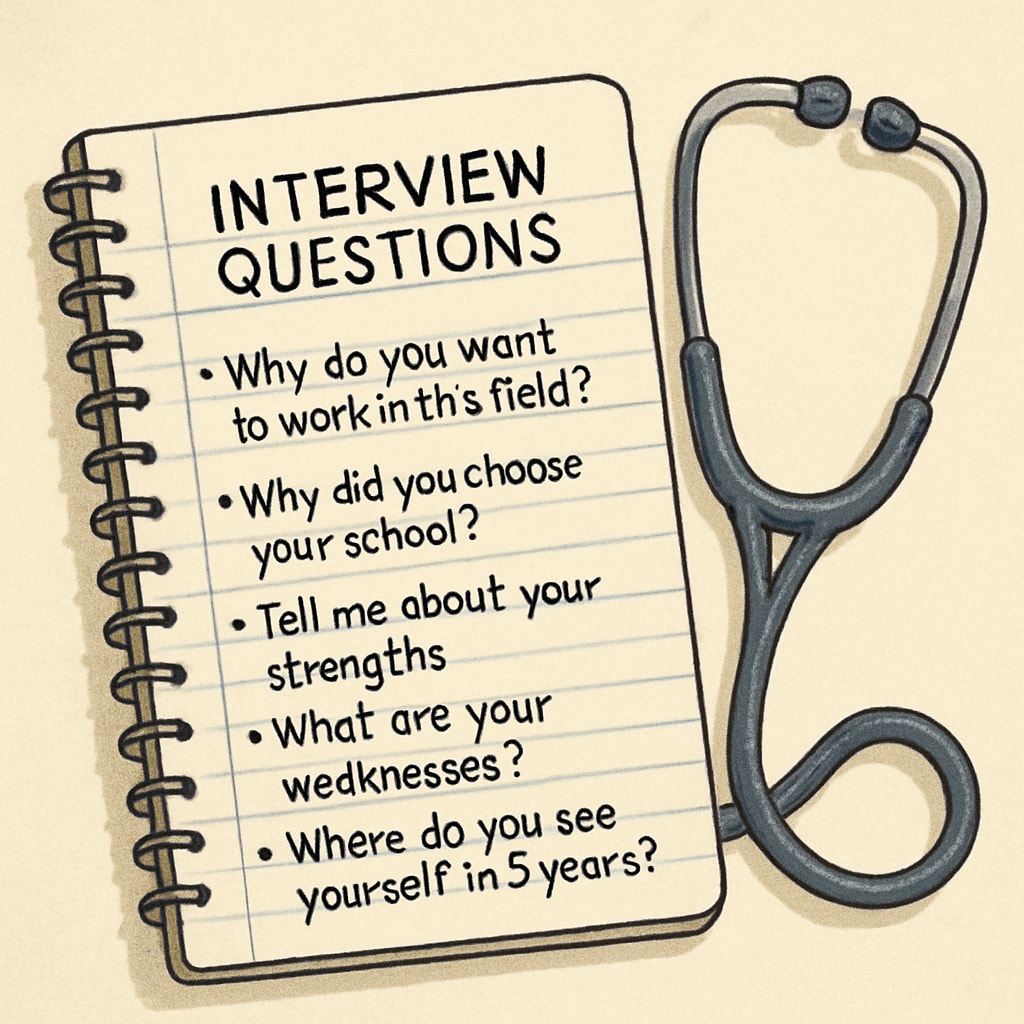For aspiring medical professionals, engaging in structured medical career interviews can provide invaluable insights that shape their understanding of the profession. Such interviews, particularly for K12 students, serve as a window into the realities of medicine, connecting young learners with seasoned physicians while helping them navigate the path toward a rewarding career in healthcare. This article explores the importance of these interviews, offers a practical approach to conducting them, and presents a robust framework of questions to maximize their impact.
Why Are Medical Career Interviews Important for Students?
K12 students often dream of becoming doctors but may lack a clear understanding of what the profession entails. Medical career interviews bridge this gap by offering direct access to the experiences and perspectives of healthcare professionals. Through these interactions, students can gain:
- An authentic view of daily responsibilities, challenges, and rewards in the medical field.
- Insight into the education, training, and commitment required to succeed as a physician.
- Clarity on various medical specialties and career paths within healthcare.
As a result, these interviews empower students to make informed decisions about pursuing medicine as a career and prepare them for the journey ahead.

How to Structure an Effective Medical Career Interview
Conducting a successful interview requires careful preparation and a clear framework. Here are some tips for organizing and executing the process:
- Identify the right professionals: Seek out physicians in various specialties to provide a comprehensive view of the medical field.
- Prepare well-researched questions: Focus on topics such as career challenges, educational requirements, and specialty-specific insights.
- Encourage open dialogue: Foster a conversational atmosphere where students feel comfortable asking follow-up questions.
- Document key takeaways: Record or summarize the interview for future reference and reflection.
By following this approach, students can gain meaningful information that influences their career planning.
A Comprehensive Question Framework for Medical Career Interviews
To ensure a productive interview, it’s important to ask targeted and thoughtful questions. Below is a structured framework designed to guide students in gathering relevant information:
- Personal Journey: What inspired you to pursue a career in medicine? What challenges did you face along the way?
- Daily Responsibilities: What does a typical day look like for you? How do you balance work and personal life?
- Specialty Insights: Why did you choose your specific medical specialty? What skills are essential for success in this area?
- Education and Training: What academic path did you follow? How did residency shape your career?
- Advice for Aspiring Doctors: What advice would you give to students considering medicine as a profession?
These questions not only provide a structured approach but also encourage deeper conversations that uncover valuable insights.

Shaping the Future of Medicine Through Career Education
Incorporating medical career interviews into K12 education has the potential to transform the way young students perceive healthcare professions. By connecting students with experienced physicians, these interviews inspire curiosity, foster understanding, and cultivate a passion for medicine. For educators and parents, facilitating such opportunities is an investment in the next generation of medical professionals.
In addition, these interviews contribute to the broader goal of career-oriented education by helping students explore their interests and set realistic goals. As a result, they emerge better prepared to embark on their journey toward becoming skilled and compassionate healthcare providers.
Readability guidance: Use short paragraphs and lists to summarize key points. Incorporate transitions like “however,” “therefore,” and “for example” to enhance flow. Ensure accessibility by focusing on common vocabulary and limiting jargon.


